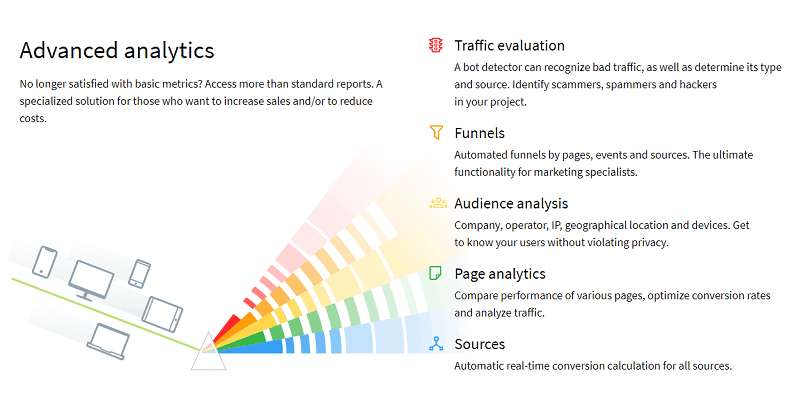Have you ever thought about working from home? It’s not an option for every career path or every professional, but it’s starting to surge in popularity.
All over the world, 70 percent of people work remotely at least once a week, and that number is likely to grow as more employers and employees discover the massive benefits of working from home—and start taking action to take advantage of them.
If you’re reading this at your full-time job, where you’re currently trapped in an office, you might be curious how to get started with a work-from-home career.
Table of Contents
The Advantages of Working From Home
While there are some disadvantages to working from home, such as less face-to-face interaction with teammates, the advantages are overwhelming:

Workspace flexibility
You’ll have near-total control over your workspace. If you want a window, you can get one. If you don’t mind a cluttered desk, you can keep it cluttered indefinitely. If you need a change of pace and decide to work at a coffee shop, you can do it.
No commute
he average commute to work, one way, is 25 minutes in the United States. That’s 50 minutes a day, or more than 4 hours a week sitting in traffic. There’s a lot you can do with those extra 4 hours—and you’ll be less stressed avoiding it as well.
Errands and household responsibilities
orking from home gives you the option of handling more errands and personal responsibilities. Because you’re closer to home, you might be able to take care of housework on a lunch break, or easily stay available for home repairs and emergencies.
Minimal interruptions
Unless you have kids running around, working from home means dealing with far fewer interruptions than an office setting. A single distraction can cost you 23 minutes of focus, so this is a huge deal.
How to Start Working From Home
Does that sound like something you want? If so, here’s how you can get started

Understand the demands
First, make sure you aren’t romanticizing the world of working from home. There are a ton of benefits, but there are also some sacrifices you’ll have to make and challenges you’ll need to face. You’ll need to be self-disciplined and focused on your work, and have alternative strategies to relieve stress and stay social. If you aren’t sure what working from home really entails, talk to someone who’s done it, preferably full-time, and get their perspective.
Choose a company that lets you work from home
The easiest way to find a remote working job is to find a company that specializes in remote work opportunities. For example, you could look to work from home opportunities, since it offers a wide range of remote jobs. This is advantageous for you, since it allows you to look at companies all over the country, or even all over the world (assuming there isn’t a language barrier). You also won’t have to worry about changing an existing position; you can simply take advantage of a role that already exists in a work-from-home capacity.
Choose a career path that lets you work from home
Not all jobs or careers are conducive to working from home. For example, if you’ve studied your whole life to be a massage therapist, remote work opportunities will probably be rare. However, no matter what career you’re currently pursuing, you can always switch tracks and work on skills that are remote work friendly. Software development, writing, and project management are good bets here, but the options are virtually limitless—especially as new, high-tech fields emerge and as technology enables more and more roles to go remote.
Negotiate with your boss
Hone your negotiation skills and ask your boss to work from home, assuming your role potentially supports it. When you make the case, focus on the objective benefits for the employer, including reduced office costs, more productivity, and higher morale. If they’re reluctant to take the plunge, ask for just one day a week of remote work, as a kind of trial for both of you.
Start preparing your home office
As you start gearing up for a career that allows you to work from home, spend some time preparing a home office. A well-outfitted, dedicated office can make your remote work much more efficient—and help you “feel” like you’re at work, rather than at home.
Final Words
Working from home isn’t for everybody, but if it’s an option for you, there are many avenues you can pursue to make it a reality.
Don’t be surprised or frustrated if it takes a few months, or even a few years to get established as a remote worker; the end results will be worth it.
























